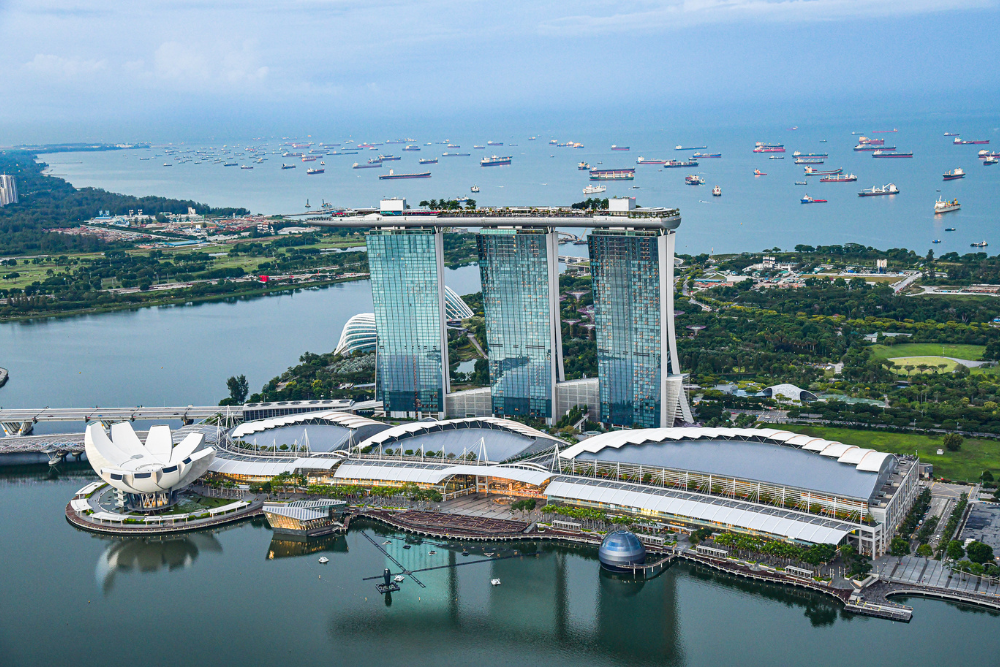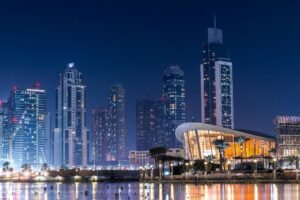Singapore is known for its vibrant cultural diversity, and this is reflected in the country’s public holidays, which celebrate the traditions, festivals, and key events of various communities. These public holidays are not just days off work but are integral to the local culture, influencing everything from shopping and dining to transportation and business operations. Here’s what you need to know about Singapore’s public holidays and their impact.
1. National Public Holidays
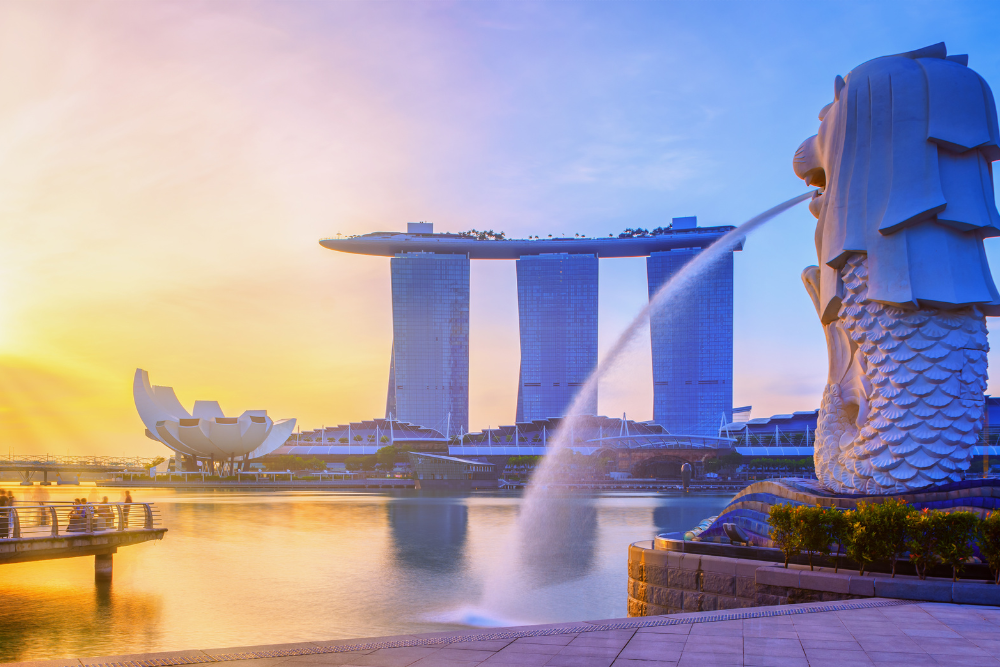
Singapore observes 11 official public holidays each year. These include both secular and religious holidays, and many are linked to specific cultural or religious practices of the local communities. While the dates for some holidays are fixed, others like Chinese New Year and Hari Raya Puasa change each year according to the lunar calendar.
Here’s a breakdown of the key national holidays:
- New Year’s Day (January 1): A global celebration marking the start of the year. Expect fireworks, parties, and family gatherings.
- Chinese New Year (Varies, typically January or February): One of the most widely celebrated holidays in Singapore, with dragon dances, family reunions, and festive street markets. Many businesses close, and public transport may be crowded with people returning to their hometowns.
- Good Friday (April): A Christian holiday marking the crucifixion of Jesus Christ. Most businesses are open, but churches and Christian communities hold special services.
- Labour Day (May 1): A day to honor workers. This holiday typically sees events focusing on labor rights, and many businesses operate as usual.
- Hari Raya Puasa (Varies, typically April or May): Celebrated by the Malay Muslim community, this marks the end of Ramadan. Expect festivities, and many shops in Kampong Glam and Geylang Serai will be busy with last-minute preparations and celebrations.
- Vesak Day (Varies, typically May or June): A Buddhist holiday celebrating the birth, enlightenment, and death of Buddha. Public transportation and attractions near temples may be busier than usual as people gather for religious observances.
- National Day (August 9): Singapore’s independence day, featuring a grand National Day Parade, fireworks, and public celebrations. This is a major event in the country, with many closures and festivities throughout the city.
- Hari Raya Haji (Varies, typically June or July): A key Islamic holiday, marked by prayers and communal meals. Many Muslims make their way to mosques for prayers, and businesses may reduce operating hours.
- Deepavali (Varies, typically October or November): The Hindu Festival of Lights, celebrated by the Indian community. The famous Little India district is brightly lit, and public events are held across the city, making it a great time for tourists to visit cultural sites.
- Christmas Day (December 25): A festive day marked by church services, family gatherings, and shopping. Although a Christian holiday, it is widely celebrated, with malls decorated for the season and many businesses participating in holiday promotions.
2. Impact on Business and Shopping
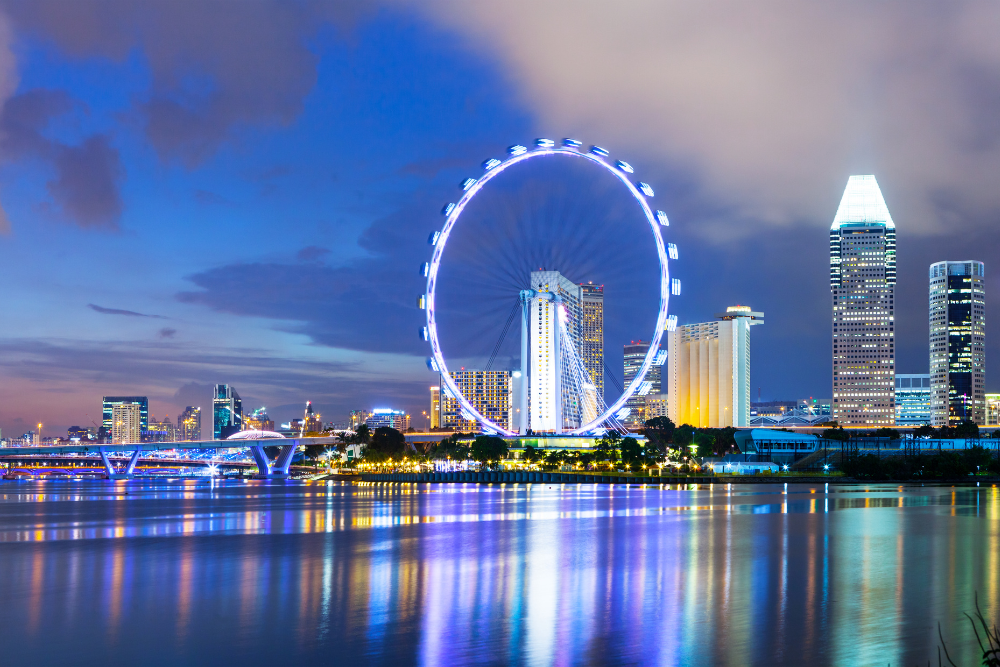
Public holidays in Singapore can have a significant impact on both business operations and consumer behavior. Some businesses may close or operate on reduced hours, while others, particularly retail stores and shopping malls, may stay open for special promotions.
- Retail and Malls: During major holidays like Chinese New Year and Christmas, malls will typically extend their opening hours, and you may find special sales and promotions. However, during other holidays, especially religious ones like Hari Raya Puasa or Deepavali, smaller shops and local businesses may close for the day.
- Food and Dining: While restaurants at malls and tourist spots may remain open, family-owned or smaller eateries, especially in ethnic neighborhoods, might shut down for religious observances. It’s always a good idea to check ahead if you’re planning to dine at specific spots.
3. Transportation and Travel Impact

Singapore’s public holidays can affect public transportation, but generally, the country’s efficient transport system ensures minimal disruption. However, there are certain things to note:
- Public Transport: During major holidays, especially Chinese New Year, there may be longer queues at MRT stations and bus stops as people travel to visit family. You might also experience congestion during festivities, like Deepavali and Hari Raya Puasa, where people tend to travel to places of worship or cultural events.
- Airports: Singapore Changi Airport sees a large influx of travelers during holidays like Chinese New Year and Christmas. If you’re flying during peak periods, it’s recommended to arrive early, as long lines can form, particularly at check-in counters.
4. Cultural and Religious Observances
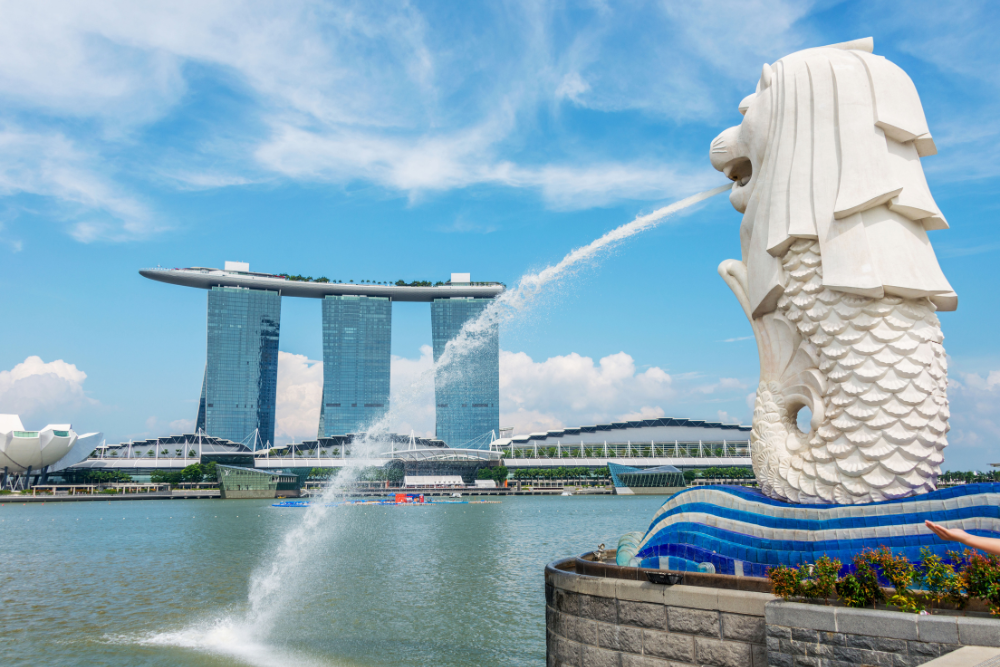
Singapore’s public holidays provide an opportunity to experience the rich traditions and celebrations of its various communities. Each holiday has its own unique practices:
- Chinese New Year: This is one of the largest celebrations in Singapore. Expect vibrant decorations, street festivals, lion dances, and large family reunions. Many stores, particularly those in Chinatown, will stay open, but some traditional shops may close to allow families to celebrate.
- Hari Raya Puasa: A significant holiday for Singapore’s Malay Muslim population, Hari Raya Puasa is celebrated with prayers, feasts, and visits to family and friends. Geylang Serai, the Malay hub, is a key area to visit, where you’ll find Ramadan bazaars, traditional food, and cultural performances.
5. Public Holiday Shopping and Tax Benefits
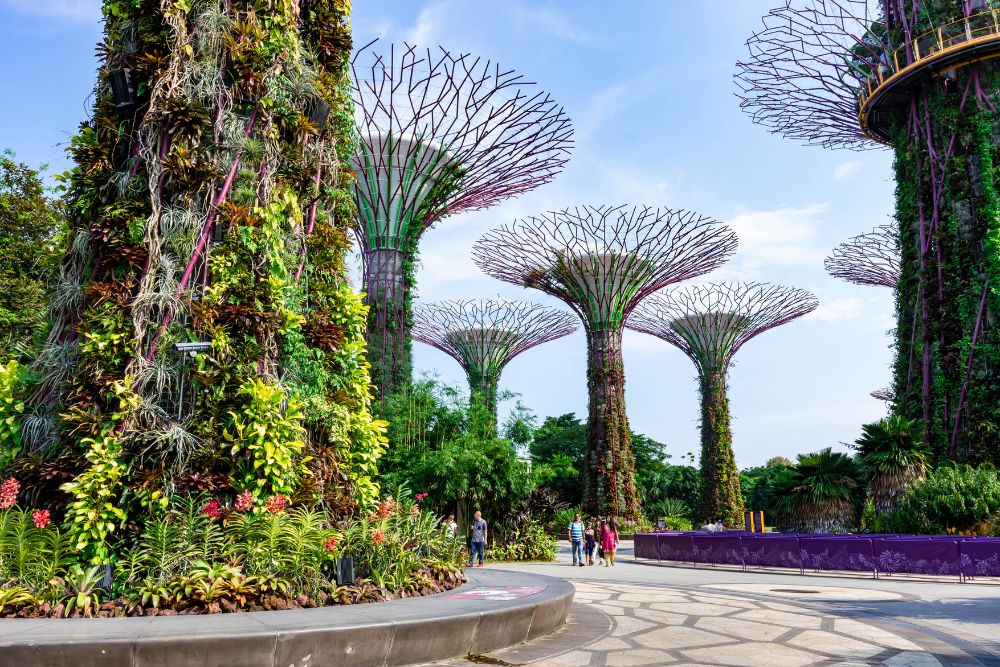
One of the most enjoyable aspects of public holidays in Singapore is the shopping. During key holidays, particularly Christmas, Chinese New Year, and National Day, many shopping malls and stores offer substantial discounts and promotions, attracting both locals and tourists. It’s a great time to pick up unique souvenirs, gifts, or fashion items.
- Tax-Free Shopping: Singapore offers GST refunds for tourists on purchases of at least SGD 100, which can be claimed at Changi Airport. Make sure to keep your receipts and follow the process at the airport before your departure.
Pro Tip: During the holiday seasons, especially Chinese New Year, malls may be busier than usual, so plan your shopping trips accordingly. Many items may also be in high demand, so be prepared for limited stock during peak times.
Conclusion
Singapore’s public holidays offer a fascinating glimpse into the country’s cultural fabric and present unique opportunities for both locals and visitors to engage with the city in exciting ways. While some holidays may affect your travel plans or business schedules, they also create an atmosphere of celebration and unity. Whether you’re looking to experience traditional festivals, enjoy sales, or take part in national celebrations, understanding the impact of public holidays will help you plan your trip accordingly and make the most of your visit to Singapore.



